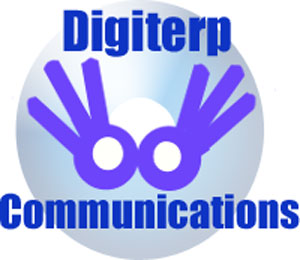Reference
Mendoza, E. (2012). “Thinking through ethics: The processes of ethical decision making by novice and expert American Sign Language interpreters.” International Journal of Interpreter Education. Vol. 4 (1). Conference of Interpreter Trainers. Retrieved from http://www.cit-asl.org/new/thinking-through-ethics/
Abstract
The interpreting process gives interpreters access to a large amount of private and personal information. In the context of signed language interpreting, interpreters typically work most assignments without other interpreters (Humphrey, 1999; Metzger, 1999), with the communication triad consisting of the deaf consumer, hearing consumer, and interpreter. During their work, interpreters make logistical decisions, such as where to sit or stand so that both participants can clearly see and hear the interpreter. They also continuously and autonomously make ethical decisions (Dean & Pollard, 2001; Gish, 1990; Hoza, 2003), such as whether or not they should report spousal abuse they discover in an interpreting situation. Because signed language interpreters are the only participants in the discourse triad who are knowledgeable about both languages and cultures (typically hearing culture and deaf culture), it is incumbent upon them to make an ethical decision that is fair for all parties. This mixed-methods study provides insight into how expert and novice signed language interpreters make ethical decisions, with implications for wider interpreter training and assistance for those interpreters who need support in making ethical decisions.
English Quotes & Notes
Figure 1: Typology of novice and expert interpreters’ discourse narratives
| Individualistic | Collectivistic | |
| High-Context | Expert interpreters | |
| Low-Context | Novice interpreters |
